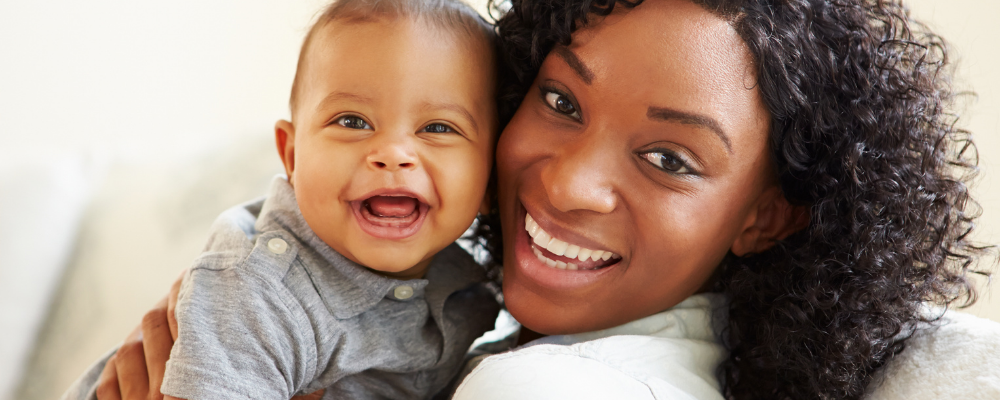
Parenting has milestones, some hard while others smooth you almost fail to document them, but the most rewarding parental aspect is hearing your baby laugh. It’s the most memorable and encouraging developmental milestone.
The first few weeks are always filled with gratification demands of the normal things like, milk, cuddle, sleep which slowly becomes a normal boring routine up until you hear the first laugh or smile then you are bought over for life. The smile generally expresses their moods just like it would with adults, it shows that they are happy and contented with whatever is happening around them. Soon enough it would turn into laughter and that is a mother’s most desired moment
However, parents should understand that every baby has a different developmental milestone journey. Not all babies hit their milestones within the same time; they arrive differently and in accordance to their individual pace.
According to Pathways, babies start serving intentional smiles between 2 and 4 weeks of growth, but it’s not up the 4 month that they actually laugh. This is the normal milestone guide but remember it can be different since it varies from one baby to another.
Normally they master smiling for a start and merry into it for quite a while. It’s not until 2 months or there about that they graduate to giggles and then later on with the right positive vibes and attention burst out laughing.
Laughing and smiling is proof that your baby’s vision and brain are in sync, it shows that the baby has matured enough to recognize you hence the voluntary display of emotions. The debate on what age do babies laugh can be a full day discussion, but then it shouldn’t get beyond the 5th month before your baby starts laughing. 5 months is also the right milestone age for a full belly laugh.
Want to guide your baby towards achieving this milestone, ride on with Elimuzazi for guidance.
How to make your baby laugh for the first time
- Make funny noises, babies respond well to squeaky voices, popping or kissing sounds, or blowing your lips for the bubble sound. They find these sounds more interesting than a normal voice.
- Gently tickle them on the stomach and while at it blow a raspberry on the belly, play various sounds with your mouth while blowing. Also kiss their hands and fees simultaneously it may elicit a laugh.
- Try using different tools to make noise around the baby, should be unique, but fascinating noise like moving a zipper up and down, dangling a bell, or squeezing the baby’s sound toy making funny noise. They react to different kinds of noise soon you’ll know which makes the baby laugh.
- Play fun games with the baby, there are fun and easy games that you can play with the baby at any age like peek-a-boo. They will start by learning about the object permanence but later on burst out to it. Also bounce them up and down on your laps or fly gently into the space, they find humor in physical pleasure.
What happens if the baby misses the milestone?
According to many milestone markers, “babies typically laugh between months three and four. If the fourth month comes and goes and your baby is still not laughing, there is no need for concern.” They further say that there isn’t any cause for alarm until 6 months of growth since some babies are more serious than others. If by them the baby wouldn’t have shown any signs of laughing, then its right you take this up with your pediatrician.
As a parent, you can always encourage your baby to laugh often by frequently talking, singing and making animated faces to them. Try document your baby’s past hit milestones to know if the baby is either catching up faster or slowly, this can help reduce the panic.
Laughter is the most exciting milestone to hit. It not only excites the baby but also brings joy and hope to the parent, laughing is one way of communicating with your child. But remember each and every baby is unique; they develop and hit milestones at unique paces. Resist comparing your child to any other but rather focus on helping your child hit the milestones at their pace.
